The activities of the society, beyond the Annual Meetings, are extensively shaped and determined by the activity groups. These groups, where GAMM members of certain specialization meet, contribute essentially to the continued development of potentially significant areas of Applied Mathematics and Mechanics. With the purpose of fulfilling this function, these groups organize seminars and workshops, participate in organizing large national and international congresses and they produce position papers on specific problems from the viewpoint of the groups.
Applied Operator Theory
Refoundation 2018 + Evaluation 2026
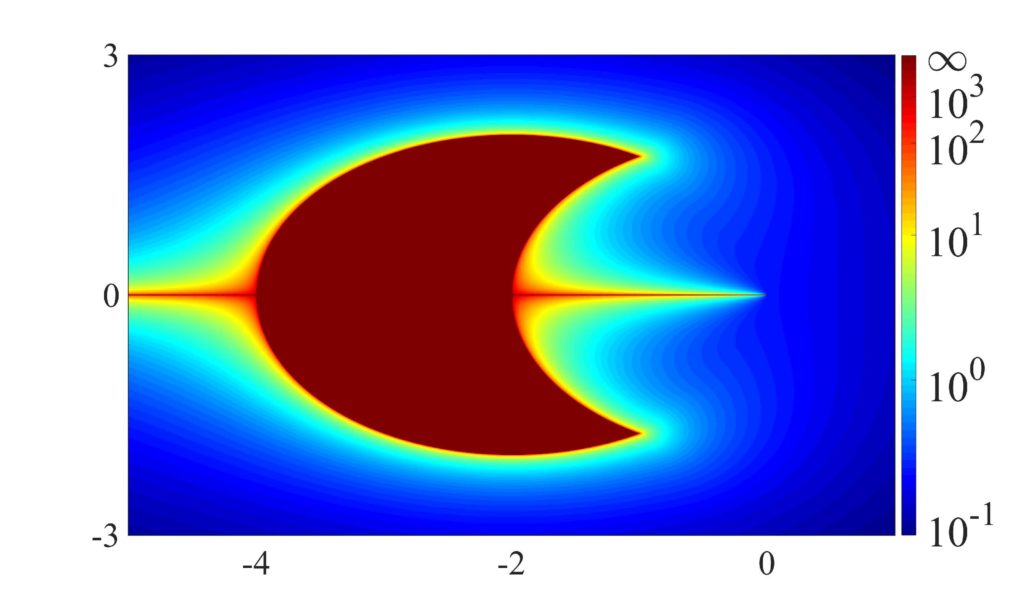
Many mathematical models in the natural and engineering sciences can be described in terms of operators on (possibly) infinite-dimesional spaces. This provides access to structural analysis of the underlying problems. The Activity group Applied Operator Theory promotes communication and cooperation between scientists working in theory and application of operator-theoretical methods. The focus lies on the further development of the techniques and on their efficient implementation in concrete applications, for example in time-dependent partial differential equations, in mathematical systems theory, as well as in approximation methods and the long-term behaviour of solutions to partial and stochastic differential equations.
Chair
Prof. Dr. Christiane Tretter
Bern
Chair
Prof. Dr. Martin Grothaus
Kaiserslautern
Vice Chair
Jun.-Prof. Dr. Amru Hussein
Kaiserslautern
Vice Chair
Dr. Christian Seifert
Hamburg
Dynamics and Control Theory
Refoundation 2023 + Evaluation 2028
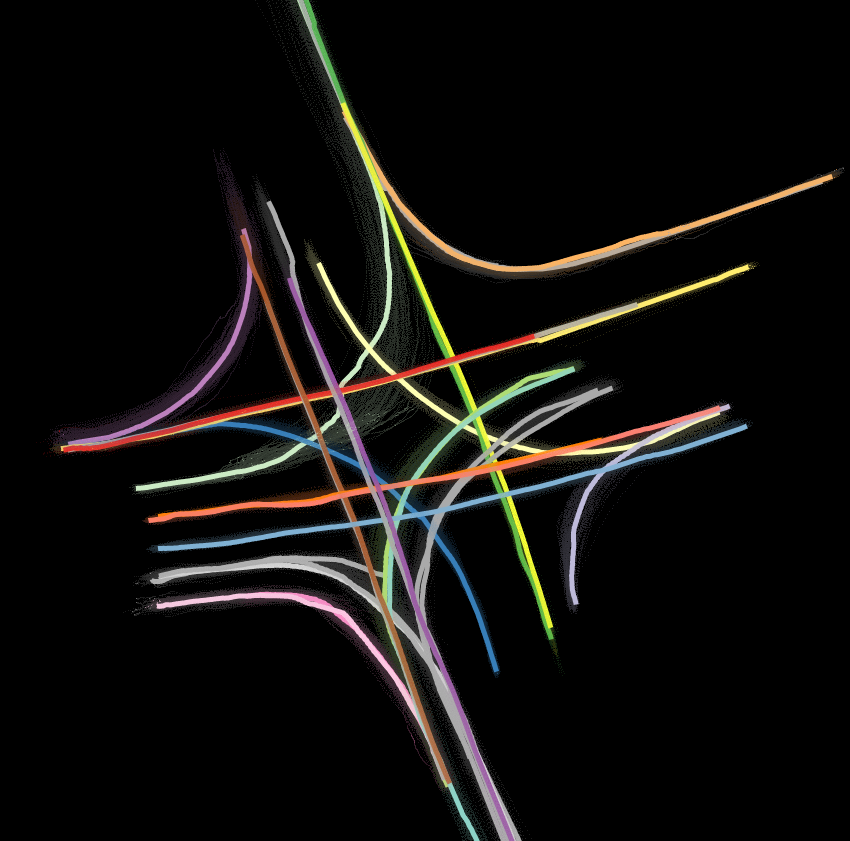
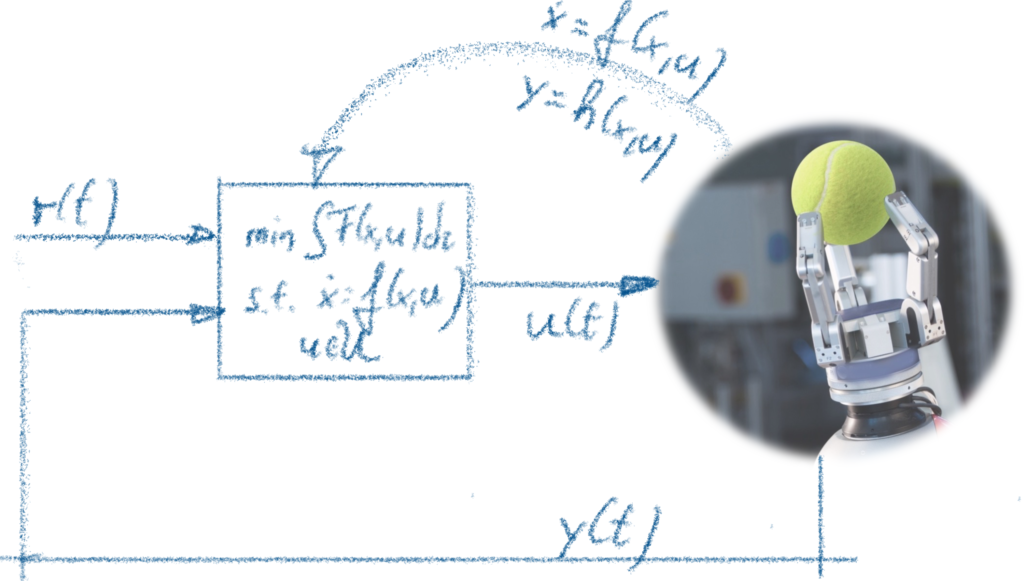
The interdisciplinary working group “Dynamics and Control Theory” brings together members from various fields, spanning from mathematical systems theory, control engineering, nonlinear dynamics and vibration theory to multi-body dynamics. The focus is on methodical developments and the application of the methods to a wide range of applications such as mechatronics, energy technology, robotics, autonomous driving, or aerospace engineering. The exchange about the different subject areas leads to exciting discussions and allows for new research impulses. It enables the formation of new bridges between applied mathematics, mechanics, and engineering sciences.
The connecting element is the interest in a mathematically sound analysis of dynamical systems and their control. In addition to more classical questions, the analysis, synthesis, and control of dynamical systems via communication networks, the consideration of interconnected cyber-physical systems and the fusion of traditional control and analysis approaches with methods from machine learning and artificial intelligence techniques play an increasing role in the discussions.
The committee’s goals are, in particular, to strengthen interdisciplinary cooperation between mathematics and engineering and to promote young scientists. To this end, the committee organizes half-yearly workshops in which professors, doctoral candidates, students, and participants from industry take part. These workshops allow us to discuss current research results, respond to trends and new developments, and initiate and advance joint scientific cooperations.
Chair
Prof. Dr.-Ing. Timm Faulwasser
Dortmund
Chair
Prof. Dr.-Ing. Merten Stender
Berlin
Chair
Prof. Dr. Karl Worthmann
Ilmenau
Chair
Jun.Prof. Jan Heiland
Magdeburg
Analysis of Microstructures
Refoundation 2025 + Evaluation 2030
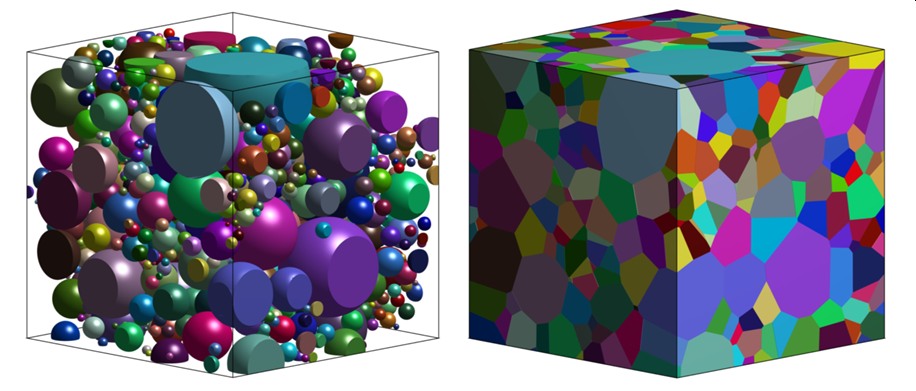
The expert committee “Analysis of Microstructures” promotes the mathematical modelling of micromechanical phenomena as well as their analysis and numerical simulation. The interaction of mechanisms on different scales requires the cooperation of researchers in the adjacent disciplines of engineering, natural sciences and mathematics, since many questions of modelling are not clarified, and the potentials of modern mathematical methods – such as the homogenisation and relaxation – have not been adequately applied yet.
The communication, further development and streamlining of these methods is fostered in the expert committee by research planning and seminars, conferences and lectures. Our annual meeting usually takes place at the end of January, but there are also numerous other activities of the expert committee.
Chair
Prof. Dr. rer. nat. Ben Schweizer
Dortmund
Vice Chair
Prof. Dr.-Ing. Kerstin Weinberg
Siegen
Optimization with Partial Differential Equations
Refoundation 2018 + Evaluation 2026
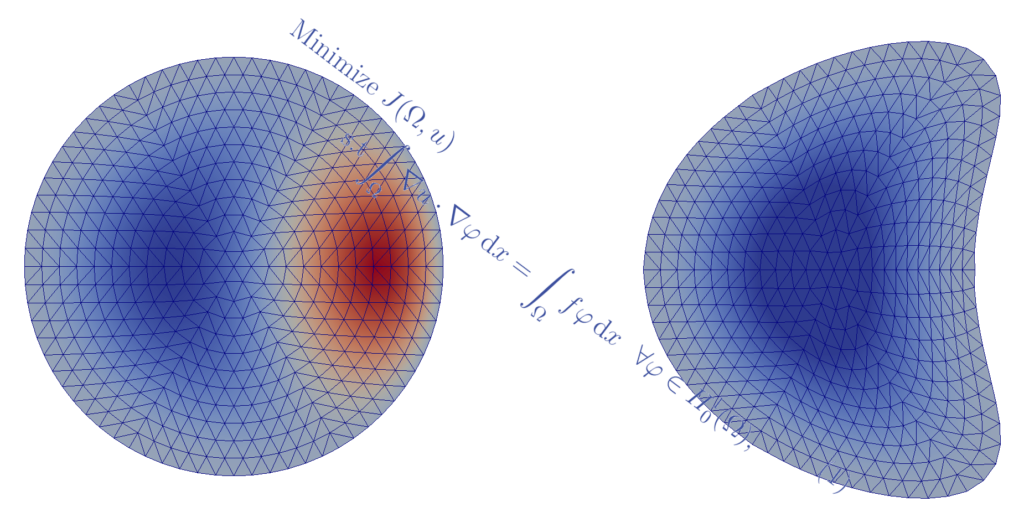
The activity group “Optimization with Partial Differential Equations” organizes the interdisciplinary collaboration of mathematicians, engineers and scientists from all fields related to Optimization with PDE constraints. It supports the development of new theories, methods and algorithms as well as application-oriented research on topics related to engineering, science and economics. Recent focus includes the treatment of non-smooth problems including, e.g, control of variational inequalities.
Chair
Prof. Dr. Gerd Wachsmuth
Cottbus
Vice Chair
Dr. Constantin Christof
Essen
Computational Science and Engineering (CSE)
Refoundation 2023 + Evaluation 2028
The term CSE refers in a comprehensive sense to the simulation sciences, in which modelling, numerical approximations, algorithms and software are closely interlinked. This is only possible through a novel, integrating linkage of knowledge between the disciplines and demands new structures in research and teaching. In this context, the image of a “third pillar” of science is often used, which takes on equal footing with theory and experiment and increasingly gains the character of an independent fundamental discipline. The discipline CSE is developing worldwide with great dynamism, which attracts especially many young scientists. The application fields in which CSE methodology is used are diverse. They range from industry-relevant engineering research to science-oriented basic areas. Many of the emerging fields, such as Biomedical Engineering, Data Driven Computing, Water Sustainability, and CO2 Sequestration and Advanced New Materials, are unthinkable without CSE.
In the spectrum of GAMM, the field of computational mechanics has a long tradition, in addition, mathematical modelling, numeric and scientific computing are other core areas of GAMM. These disciplines provide basics of the modern CSE field. CSE requires the cross-disciplinary collaboration of, for example, mathematicians, engineers, materials scientists, physicians, physicists, and computer scientists.
In the spectrum of GAMM, the field of computational mechanics has a long tradition, in addition, mathematical modelling, numeric and scientific computing are other core areas of GAMM. These disciplines provide basics of the modern CSE field. CSE requires the cross-disciplinary collaboration of, for example, mathematicians, engineers, materials scientists, physicians, physicists, and computer scientists.
We are pleased to receive feedback from as many GAMM members as possible who are interested in active participation.
Chair
Prof. Dr.-Ing. Christian Hesch
Stuttgart
Chair
Dr. Silke Glas
University of Twente, Netherlands
Chair
Prof. Dr. Matthias Bolten
Wuppertal
Mathematical Signal and Image Processing
Refoundation 2023 + Evaluation 2028
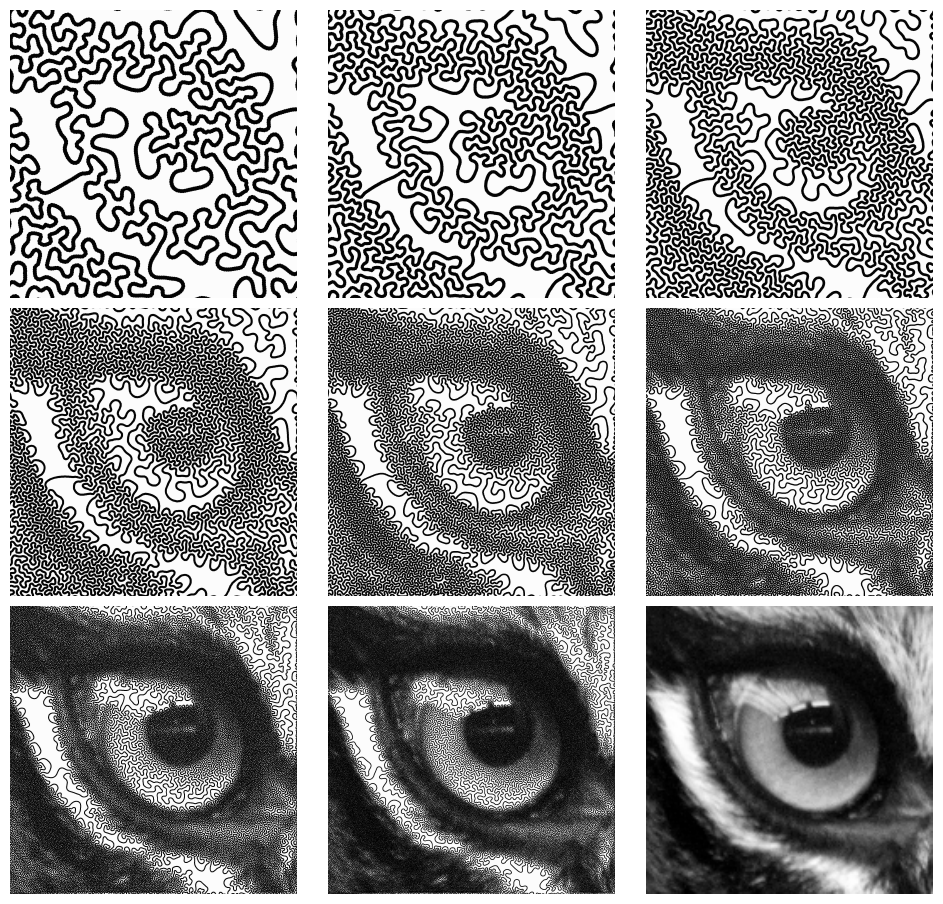
The research goals of our activity group encompasses all areas related to the broad research field of mathematical signal and image processing. This includes the application of, for instance, applied harmonic analysis and frame theory, compressed sensing, geometric and topological techniques, mathematical morphology, partial differential equations, probabilistic and statistical methodologies, and variational methods, in the exemplary areas of signal and image acquisition, signal and image processing, pattern recognition, and machine learning.
Our activity group aims to foster communication and collaboration of all researchers or groups interested in mathematical signal- and image processing. One particular goal is to encourage close interactions and collaborations between mathematicians, computer scientists, and engineers working in the exciting and highly interdisciplinary research areas our activity group focusses on. For our members, we provide a newsletter as well as job openings in the area of mathematical signal and image processing. Besides an annual meeting of our group, our members organize various sections at the main international conferences as well as at the annual GAMM conferences. We also hold close relations to other international groups with a similar research focus.
Chair
Prof. Dr. Felix Krahmer
Munich
Vice Chair
Prof. Dr. Gabriele Steidl
Berlin
Vice Chair
Prof. Dr. Stefan Kunis
Osnabrück
Uncertainty Quantification
Refoundation 2023 + Evaluation 2028
The Activity Group Uncertainty on Quantification (AGUQ) fosters collaboration and interaction among mathematicians, engineers and scientists in those areas related to uncertainty quantification (UQ). Promoting UQ as an academic discipline and exploring the connections between UQ and other sciences constitute the main goals of the AGUQ. The members of AGUQ jointly work on advancing theories, methodologies, algorithms and application-driven research in the area of UQ.
Chair
Prof. Dr. Andrea Barth
Stuttgart
Chair
Prof. Dr. Lorenzo Tamellini
Milano
Applied and Numerical Linear Algebra
Refoundation 2024 + Evaluation 2029
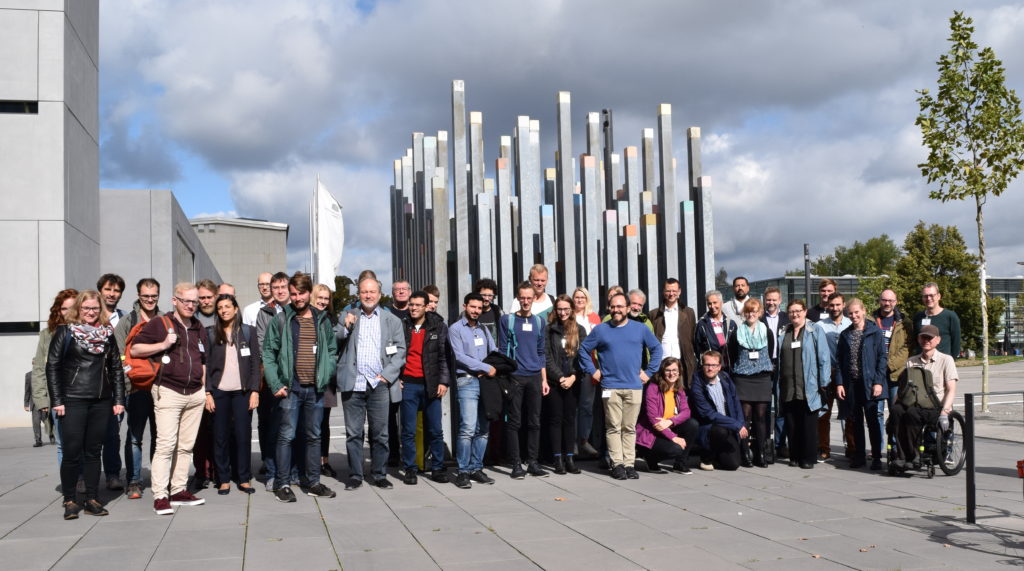
Applied and Numerical Linear Algebra is a key technology in numerous applications throughout science and engineering. Our activity group aims at fostering national and international as well as interdisciplinary collaborations in this context through the organisation of scientific conferences and an annual workshop. As of August 2020, the group has more than 90 members, and maintains close links with the SIAM Activity Group on Applied Linear Algebra and the International Linear Algebra Society (ILAS).
The activity group maintains a web page (https://gammanla.wordpress.com/) and a Twitter account (https://twitter.com/gamm_anla).
Chair
Prof. Dr. Melina Freitag
Potsdam
Vice Chair
Erin Claire Carson, Ph.D.
Praha
Phase Field Modelling
Refoundation 2024 + Evaluation 2029
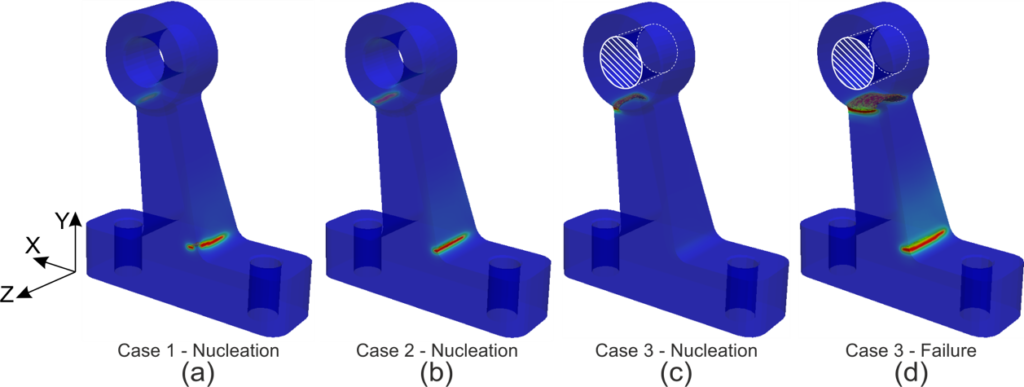
The Committee Phase-Field Modelling is an interdisciplinary composition of researchers from the fields of mathematics, materials science and mechanics. The thematic spectrum includes formulations for solidification processes and general phase transformations, as well as modelling approaches in areas such as fracture mechanics, wetting and topology optimisation, including their numerical implementation.
Once a year, there is a workshop of the expert committee, where research lectures are held and joint activities are planned and discussed. The expert committee is regularly involved in national and international activities, including the organisation of mini-symposia at international conferences, international workshops, and special issues in specialist journals.
Chair
Prof. Dr. Axel Voigt
Dresden
Vice Chair
Prof. Dr. Laura De Lorenzis
Zürich
Analysis of Partial Differential Equations and Calculus of Variations
Refoundation 2024 + Evaluation 2029
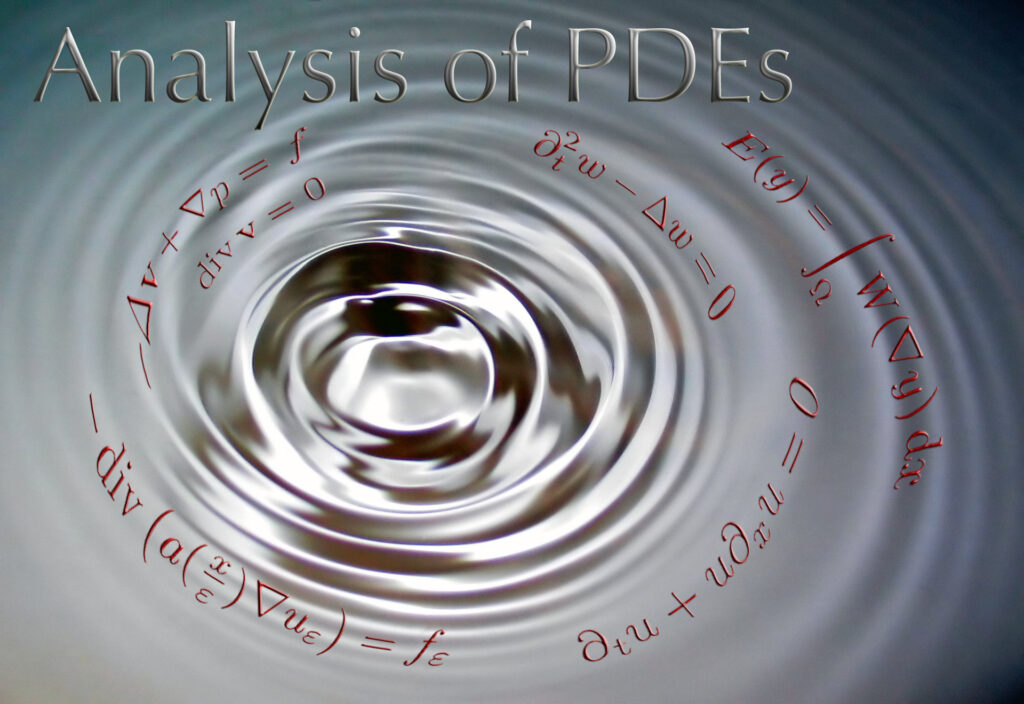
https://commons.wikimedia.org/wiki/File:2006-01-14_Surface_waves.jpg
under the CC BY-SA 3.0 licence (http://creativecommons.org/licenses/by-sa/3.0/)
Partial differential equations (PDEs) play a fundamental role in the formulation of mathematical models in the sciences. New progress in modeling usually opens up interesting questions and can give rise to novel classes of PDEs. A rigorous understanding is essential for the qualitative evaluation of the models as well as for solving concrete problems in applications; in particular, it serves a basis for the development of efficient and reliable numerical methods.
This activity group was founded in March 2013 on the GAMM annual meeting in Novi Sad and has currently around 60 members, who combine strong expertise in a variety of areas, such as fluid dynamics, variational methods, (stochastic) homogenization, evolutionary problems, gradient flows, conservation laws, elasticity theory, asymptotic analysis, …
Our mission is to foster, strenghten and coordinate the cooperation of mathematicians working in the broad field of analysis of PDEs. New members are welcome at any time.
Chair
Prof. Dr. Dorothee Knees
Kassel
Vice Chair
Prof. Dr. Helmut Abels
Regensburg
Vice Chair
Prof. Dr. Carolin Kreisbeck
Eichstätt
Data-driven Modeling and Numerical Simulation for Microstructured Materials
Foundation 2016 + Evaluation 2024 + Terminatio 2027
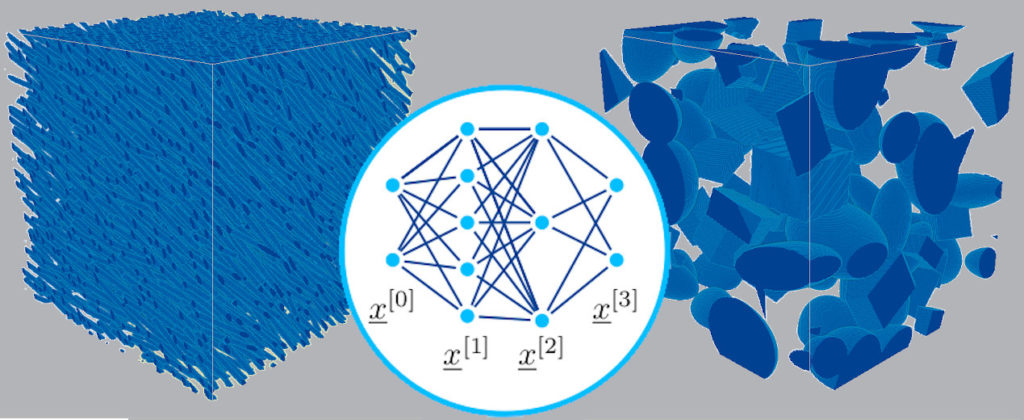
The GAMM AG DATA covers the research activities of GAMM members in the field of data-based modeling and simulation of multi-scale materials. The working group also deals with the handling and application of large data sets that are obtained experimentally, numerically or with hybrid methods. The direct use of such data sets for modeling and simulation is numerically non-trivial. Therefore, innovative machine learning and artificial intelligence methods are increasingly being used to process such kind of data. The interdependencies of physical constraints or the consideration of thermodynamic and mechanical consistency conditions in surrogate models represents core research questions. Also within the scope of the AG are efficient simulations with model reduction methods and innovative equation solvers, e.g. based on FFT, are important components for the targeted in silico data collection and data expansion (data augementation).
The core activity of GAMM AG DATA is the regular meeting of the AG, which takes place at least once a year. In 2020, as a result of the COVID-19 pandemic, the meeting scheduled for May will be rescheduled as digital event in early autumn. Details will be announced shortly. In the future, virtual and hybrid events should improve the reach of the AG Data.
Chair
Prof. Dr.-Ing. Felix Fritzen
Stuttgart
Chair
Prof. Dr.-Ing. Benjamin Klusemann
Lüneburg
Modeling, Analysis and Simulation of Molecular Systems
Foundation 2017 + Evaluation 2025 + Termination 2028
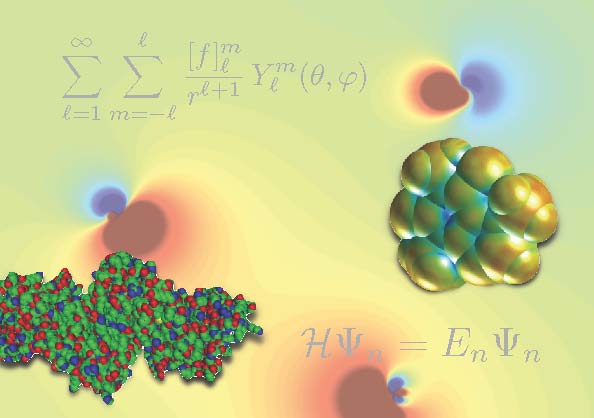
We are interested in the mathematical analysis, development and implementation of models and numerical methods for the description of matter on atomic scales, with a special focus on traditional aspects of applied mathematics: modeling, development of an analytical foundation (e.g. well-behavior; stability), convergence of discretizations, algorithmic details, complexity, and efficient implementation. We are interested in models based on quantum mechanical, classical, and stochastic/statistical theories, as well as in data-driven inverse problems, such as those encountered in the decoding of the atomic structure of proteins and materials using Roentgen or Cryo-EM images. In addition to the traditional mathematical aspects, we are also interested in networking with
practitioners, so that our methods will be applied. A look at the computing times depending on the discipline at the computing centres impressively shows the relevance of simulations on an atomic scale. Molecular systems are a source of fascinating mathematical challenges. These include the erro analysis of different discretization methods as compared to their computational cost, the convergence behaviour of algorithms, and the development of efficient approximations for high-dimensional problems in electronic structure simulations or in molecular dynamics. Our field of work has developed rapidly over the last decades in physics, chemistry, material sciences, molecular biology, but is still comparatively little established in the world of applied mathematics – compared to other fields of application. For this reason, we are particularly committed to young researchers in the field of molecular systems and would like to offer them a forum in which they can present and discuss mathematical aspects of their work.
Chair
Prof. Dr. Benjamin Stamm
Stuttgart
Vice Chair
Prof. Dr. Gero Friesecke
Garching b. München
Vice Chair
Prof. Dr. Reinhold Schneider
Berlin
Experimental solid-state Mechanics
Foundation 2017 + Evaluation 2025 + Termination 2028
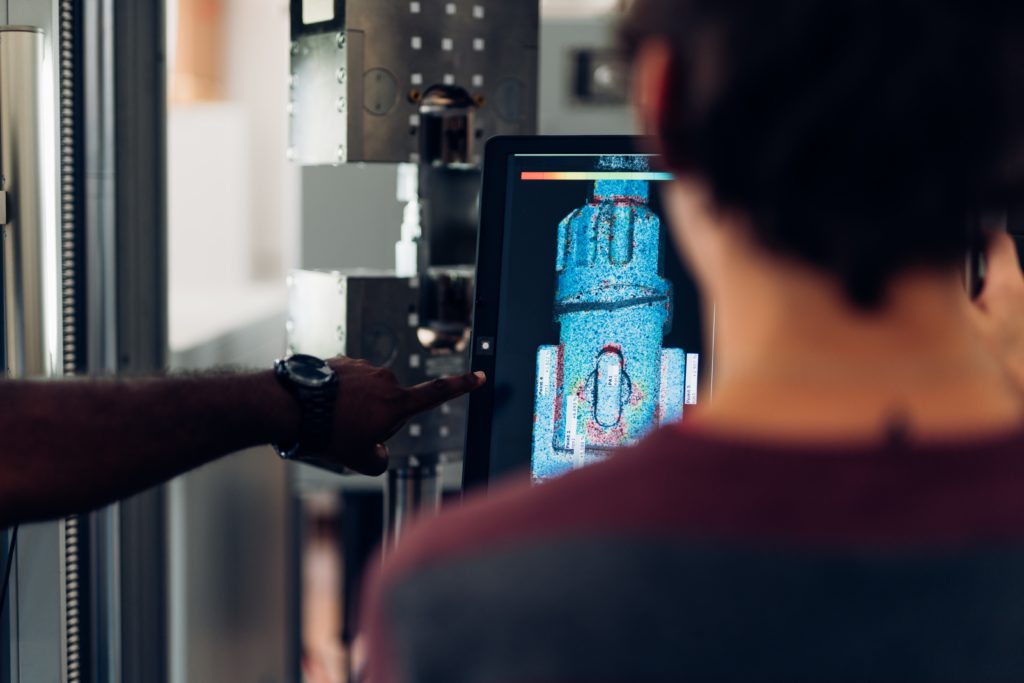
The objectives of the GAMM Expert Committee Experimental Solid Mechanics are to promote communication and exchange within and outside of German mechanics on topics such as experimental methods and their evaluation for modelling, calibration and validation of material properties of solid bodies. This includes discussions about classical and modern experimental methods, especially modern evaluation methods such as image correlation methods and their analysis, m-CT data, etc. and the new resulting possibilities. Further aspects touch the identification of material parameters and statements about their quality. Increasingly, this also involves the investigation of the possibilities of storing, providing and further processing of experimental information to third parties.
Chair
Prof. Björn Kiefer, Ph.D.
Freiberg
Vice Chair
PD Dr.-Ing. habil. Steffen Gerke
München
Vice Chair
Dr.-Ing. Thomas Lehmann
Chemnitz
Numerical Analysis
Foundation 2017 + Evaluation 2025 + Termination 2028
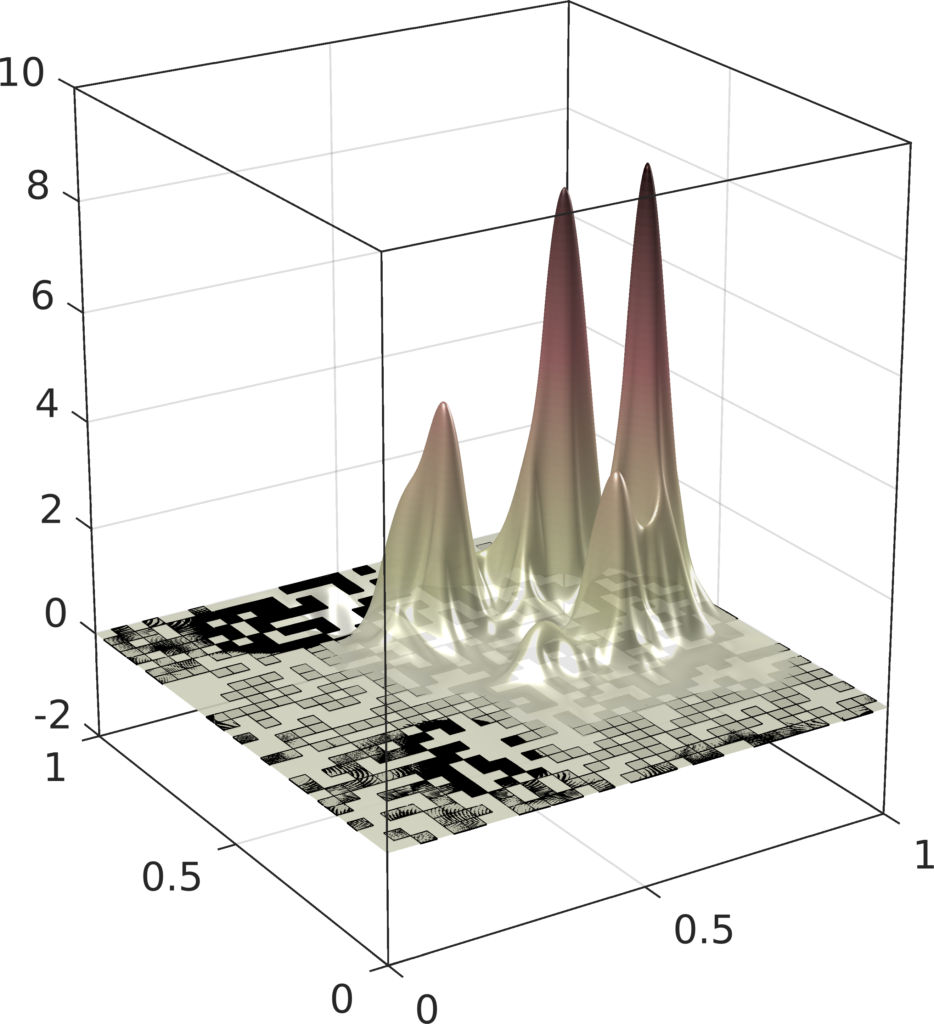
The activity group represents numerical analysis as a core discipline of applied mathematics with strong connections to engineering and the sciences. Computational partial differential equations are at the center of interest, complemented by concepts of adaptivity and multiscale methods, computational and data-driven modeling, high-dimensional problems and uncertainty quantification. Based on the deep integration of algorithm design and mathematical methods in numerical analysis, the activity group promotes the reliable and efficient computer simulation as a key technology for the scientific and industrial progress.
Chair
Prof. Dr. Thomas Wick
Hannover
Chair
Prof. Dr. Robert Altmann
Magdeburg
Chair
Prof. Dr. Fleurianne Bertrand
Chemnitz
Computational Biomechanics
Foundation 2018 + Evaluation 2026
Chair
Prof. Dr. Tim Ricken
Stuttgart
Vice Chair
Prof. Dr. Oliver Röhrle
Stuttgart
Vice Chair
Dr.-Ing. Silvia Budday
Erlangen
Computational and Mathematical Methods in Data Science
Foundation 2019 + Evaluation 2027
The 21th century is coined the age of data science, with data being even considered the new currency. The goal of our activity group is to provide a platform for researchers interested in or working on computational and mathematical concepts of data science. Within mathematics, various areas are crucial to derive a better understanding of data science methodologies, such as
applied analysis, approximation theory, discrete mathematics, (discrete) and large-scale optimization, functional analysis, high performance computing, machine learning, numerical analysis of PDEs statistics, numerical linear algebra, topology, and uncertainty quantification. The range of applications is similarly broad, covering numerous areas in public life and sciences, for example, factory planning, machining, materials science, mechanics, process systems design, or production engineering. The activity group was founded in March of 2019 and has close to 200 members from various countries. Among connecting the many researchers interested in this topic, we focus on supporting young scientists and encouraging interdisciplinary collaborations. The group is organizing an annual workshop and is heavily involved in running meetings on the topic across the globe.
Chair
Prof. Dr. Martin Stoll
Chemnitz
Vice Chair
Prof. Dr. Axel Klawonn
Köln
Modern Teaching and Didactics in Mathematics and Mechanics
Foundation 2021 + Evaluation 2026
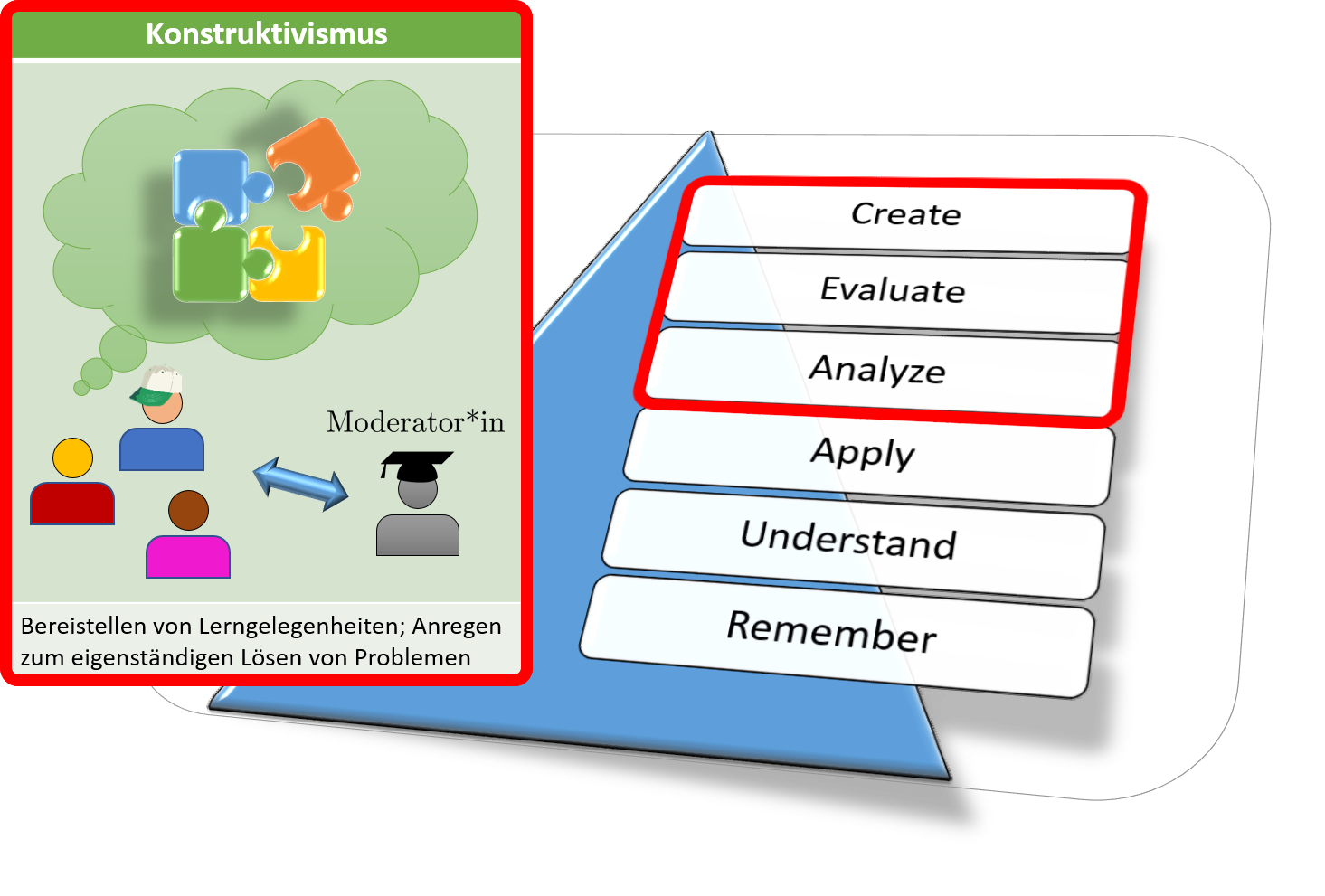
The activity group “Modern Teaching and Didactics in Mathematics and Mechanics” has been facing the growing challenge of a steadily increasing heterogeneity of students with respect to their prior knowledge, intrinsic self-motivation, individual learning speeds, etc. Elementary reasons for this are, among others, that in the courses often no specific learning objectives are mentioned and the importance of the course content for the later profession is not explicitly addressed. Sometimes the learning objectives also have a rather small intersection with current and future-oriented professional requirements. The present didactic methods – or partly the lack of them – inhibit the motivation of many students to such an extent that it is not possible for them to acquire urgently needed competences.
The goal of our activity group is therefore the joint redesign of university education in the fields of mathematics and mechanics on the basis of sound and modern didactic concepts. This encompasses many facets and includes aspects ranging from learning theories to flipped classroom concepts and competence-oriented examination formats. One focus is also on adapting teaching to current and strongly digitization-oriented needs – both in (pure) application and in research and development. Another important aspect is the orientation towards “Open Educational Resources”, or OER for short, i.e. jointly developed learning and teaching materials that can be used across the board at different locations, adapted to the respective desired training levels.
Chair
Dr.-Ing. Thorsten Bartel
Dortmund
Inverse Problems – together with DMV
Foundation 2025 + Evaluation 2030
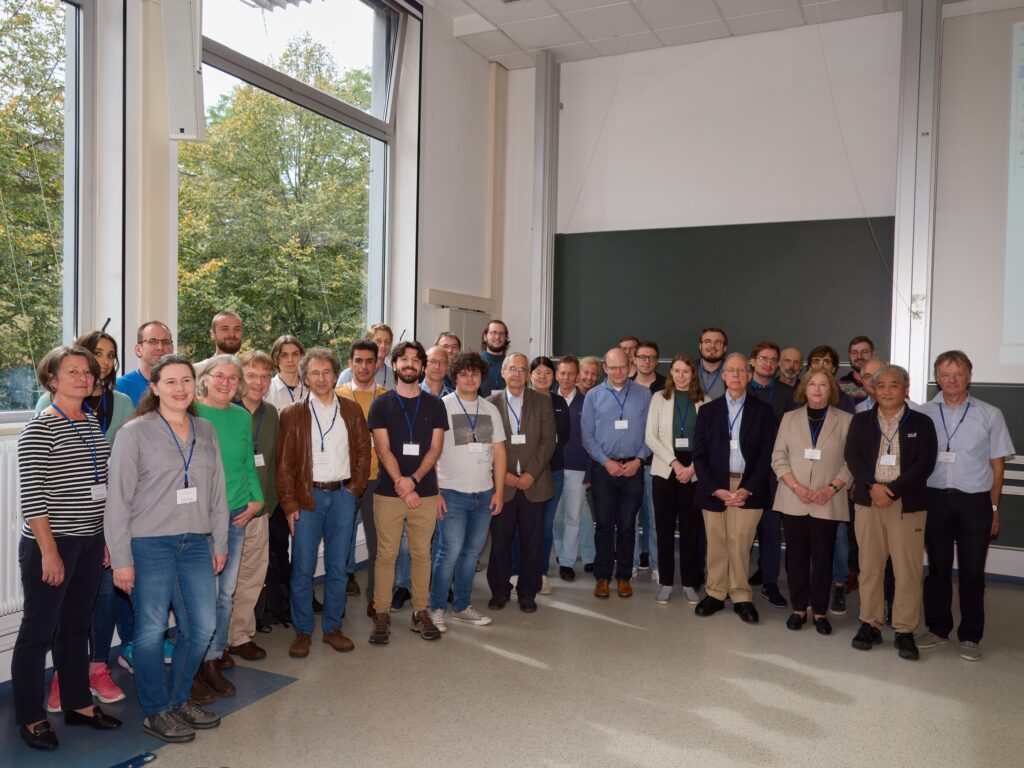
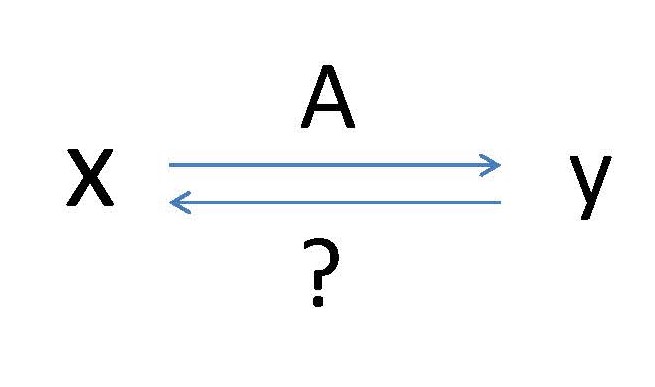
Goals of the Activity Group:
The research field of “inverse problems” deals with the reconstruction of parameters of a mathematical model from measured data. Examples include imaging techniques in medicine, natural sciences, and engineering, such as numerous tomographic techniques (e.g., computed tomography, magnetic resonance imaging, electron microscopy, terahertz tomography, electrical impedance tomography), seismic imaging techniques, and optical nanoscopy (e.g., STED or SMS). An important class of inverse problems consists of determining the parameters of a differential equation (e.g., wave velocity, refractive index, conductivity) from (parts of) its solution. One of the main difficulties in solving inverse problems is the phenomenon of ill-posedness: Different parameters can lead to the same data set, or the solution to the inverse problem does not depend continuously on the data, so that even the smallest measurement inaccuracies lead to unusable solutions. Therefore, so-called regularization methods are used to stabilize the solution process. Often, prior knowledge is incorporated into the solution.
Due to their wide range of applications, inverse problems play a central role in mathematical research. The goal of the Activity Group is to make analytical, numerical, and application-related aspects of inverse problems more visible in the research landscape and to use its intrinsic interdisciplinarity to build bridges between the natural sciences and engineering, as well as to establish collaborations with industry partners. For this reason, the Activity Group cooperates with relevant organizations in Germany and abroad. The most important of these are the Gesellschaft für Inverse Probleme (GIP) e.V. (Society for Inverse Problems), the Inverse Problems International Association (IPIA), and, of course, the GAMM and the DMV. A pivotal task of the Activity Group is the promotion of early-career researchers. Many doctoral students and postdocs already give presentations at the GIP annual conference. In addition, the GIP awards a prize for the best dissertation in the field of inverse problems every two years. A website will provide information about current workshops and conferences and promote cooperation and membership.
Planned activities:
In addition to the GIP annual conference, which takes place each year at a different location and will also include the meetings of the Activity Group in future, the Activity Group will participate in the organization of relevant sections of the GAMM and DMV annual conferences. In the future, there are plans to establish a regular information platform specifically for industry partners.
Planned composition:
Mathematicians from various disciplines, such as analysts, numerical scientists, engineers, and natural scientists, as well as representatives from industrial companies.
The Executive Board shall consist of a chairperson and a deputy. The founding Executive Board is composed as follows:
Chair
Prof. Dr. Thomas Schuster
Saarbrücken
Vice Chair
Prof. Dr. Jan-Frederik Pietschmann
Augsburg
Research Software Engineering and Research Data Management in Mathematics and Mechanics
Foundation 2025 + Evaluation 2030

The development of research software and the handling of research data has been essential for many areas within the fields of the GAMM for decades and ranges from simulation scripts and data to accompany publications to extensive software libraries and petabytes of data for specific application areas.
As the GAMM Activity Group on Research Software Engineering & Research Data Management in Mathematics & Mechanics (GAMM FA RSE&RDM), we aim at making a contribution here by providing impetus from the perspective of computer-driven sciences. We want to give the GAMM activities in the areas of research data and research software a visible home and promote synergies in the scientific exchange between the activities groups and identify GAMM-specific infrastructure requirements and fields of action.
Chair
Dr. Jens Saak
Magdeburg
Chair
Dr. Robert Speck
Jülich
Chair
Dr. Jan Philipp Thiele
Braunschweig
Interfacial and Multiphase Flow
Foundation 2025 + Evaluation 2030
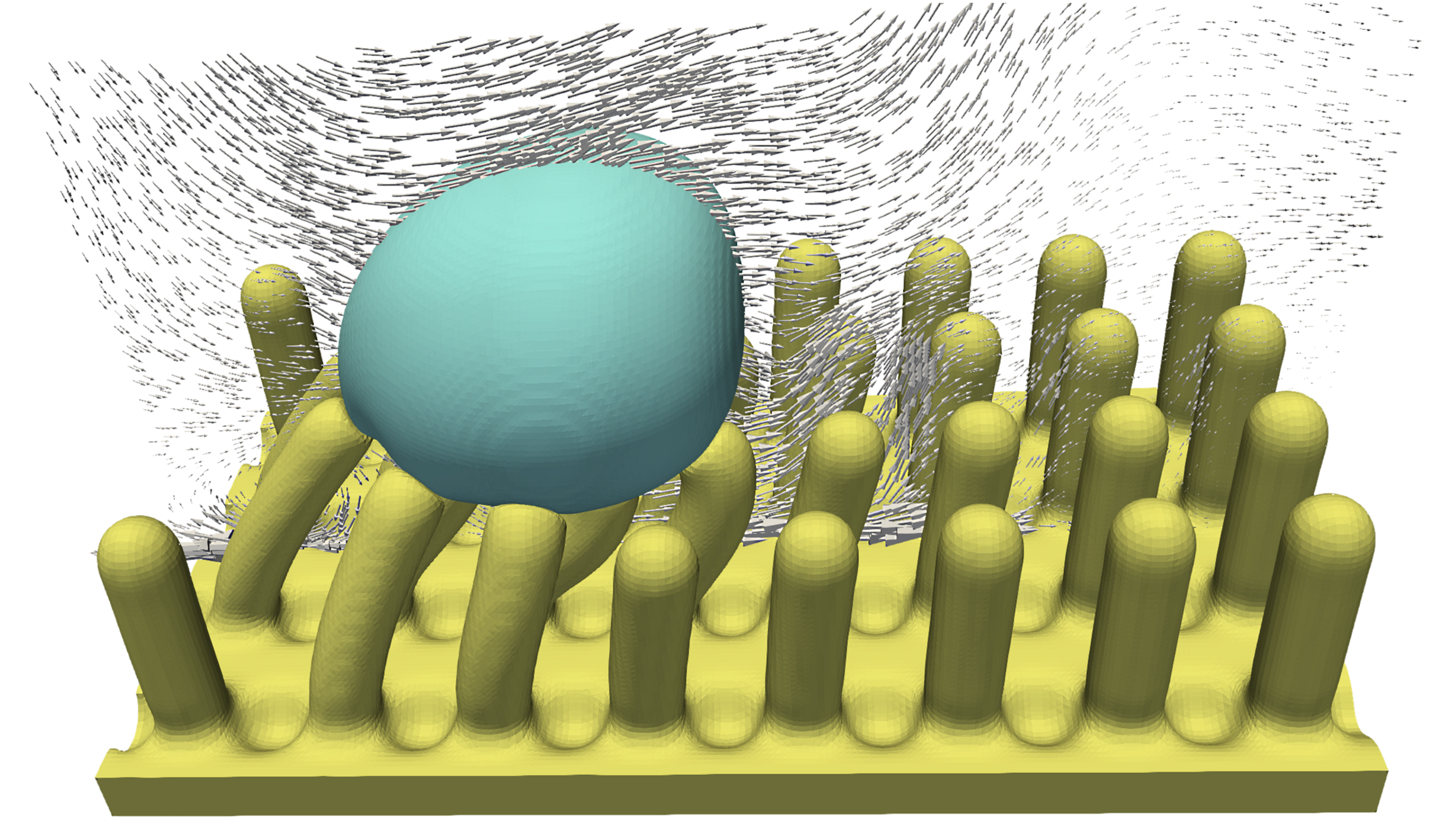
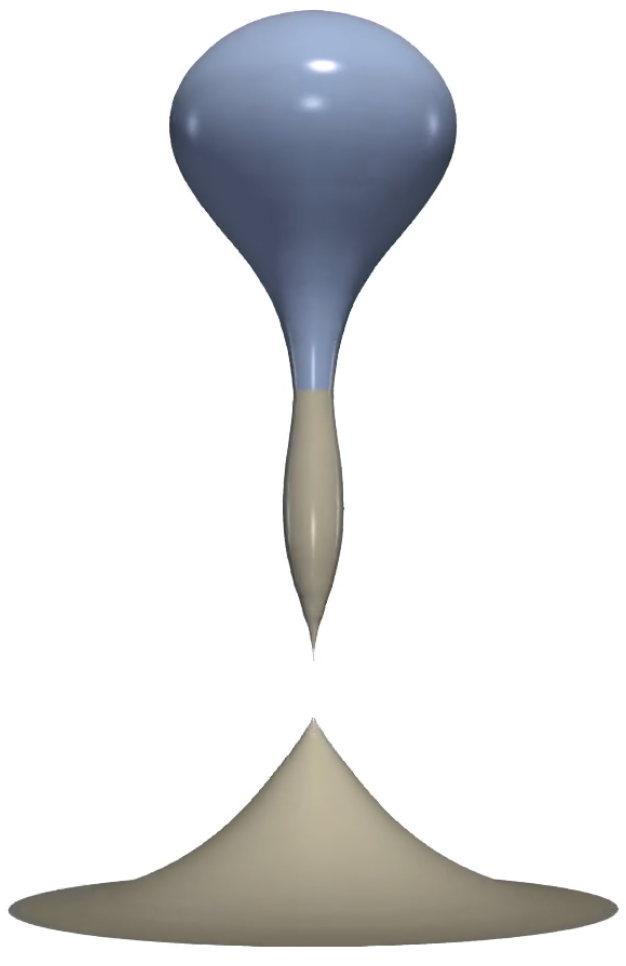
Interfacial and multiphase flow are essential areas of research that underpin a wide variety of applications, from natural sciences to industrial processes. These systems involve interactions between multiple phases—such as gas, liquid, and solid—and components, posing significant challenges for physical modeling, mathematical analysis, and numerical simulation. The field is highly interdisciplinary and often requires the development of new models, which in turn demand mathematical analysis and necessitate innovative numerical methods.
The aim of this activity group is to bring together researchers working in the broad area of interfacial and multiphase flow systems by establishing a collaborative platform for early-career and established researchers. The group meets annually for a workshop, which features research presentations and provides a forum for planning and coordinating joint scientific activities.
Chair
Dr. ir. Marco ten Eikelder
Darmstadt
Vice Chair
Prof. Dr. Barbara Wagner
Berlin
Vice Chair
Prof. Dr. Helmut Abels
Regensburg
Inactive Groups
Stochastic Optimization in Engeneering
(Closure 2022)
Chair
Prof. Dr. Thomas Vietor
Braunschweig
Applied Stochastic Analysis and Optimization
(Closure 2010)
Biomechanics
(Foundation 2003) (Closure 2014)
Computer-assisted Proofs and Symbolic Computations
(Foundation 2008) (Closure 2014)
Magnetically Controlled Flow
(Foundation 2005) (Closure 2012)
Mathematical Analysis of Nonlinear Phenomena
(Closure 2008)
Multiple Field Problems in Solid Mechanics
(Foundation 2001) (Closure 2011)
Multiscale Material Modelling
(Foundation 2005) (Closure 2016)
Numerical Analysis for Partial Differential Equations
(Refoundation 2008) (Closure 2016)